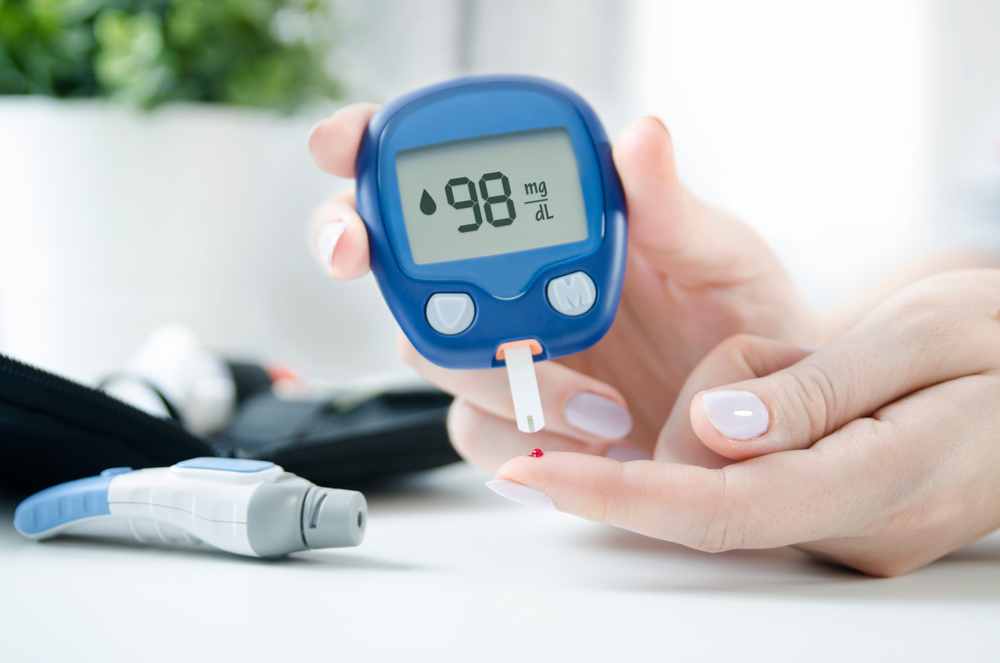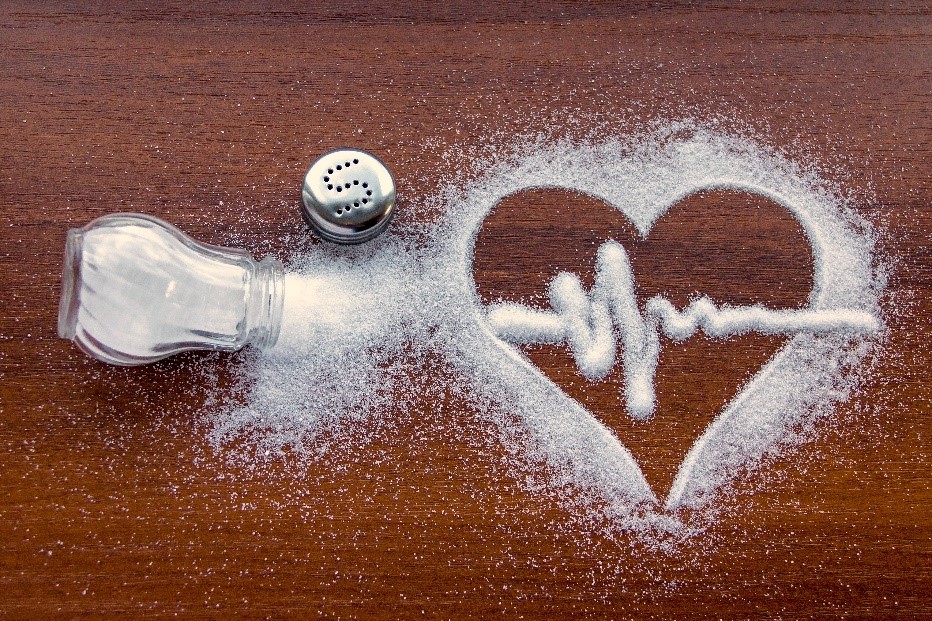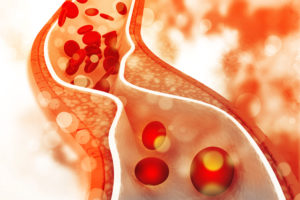
The Centers for Disease Control and Prevention (CDC) has recently released the 2022 National Diabetes Statistics Report. This report estimates that more than 130 million adults are living with diabetes or prediabetes in the United States. If you have been diagnosed with prediabetes — high blood sugar that doesn’t reach the threshold of a diabetes diagnosis — lifestyle changes can prevent or delay the onset of disease. Following are some the lifestyle changes that you can adhere by for diabetes prevention among seniors.
1. Minimize sugar and refined carbohydrates from your diet.
Sugar and refined carbohydrates are one of the biggest reason for high spikes in sugar level in blood that leads to type 2 diabetes. White bread, potatoes and sugary cereals should strictly be avoided and replaced with a diet rich in complex carbohydrates like vegetables and whole grains. They can help delay the onset of diabetes and management of insulin levels in one’s body.
Related: “Best Nutritional Foods to Improve a Senior’s Diet”
2. Exercise daily to lose extra weight.
Losing extra weight has shown to reduce the risk of diabetes. Try to incorporate exercise in your daily routine for at least 30 minutes. Even if it is light walking around the block, exercise can be beneficial as it will help you remain fit and lose weight eventually. So, plan an exercise regimen and consult your doctor for weight management goals based on your personal needs. Stay healthy and remain energetic as you age.
Related: “Things You Must Know If You’re A Diabetic Patient”
3. Quit smoking.
If you are an active smoker or tobacco user, now is the time to stop. Smoking makes you resistant to the insulin that further leads to type 2 diabetes. Quitting tobacco has shown to reduce the risk of diabetes among seniors. Apart from diabetes, it will also improve your respiratory health and save you from breathing problems and cancer.

Conclusion
Want to give the best care to your senior loved ones but can’t manage time for it? Have no worries! Our caregivers at Home Instead Senior Care are passionate about delivering important in-home diabetes care to the senior population of Wilmington, NC. Call us to find out how we can help your loved one manage life with diabetes at (910)-342-0455 or visiting us online here.





